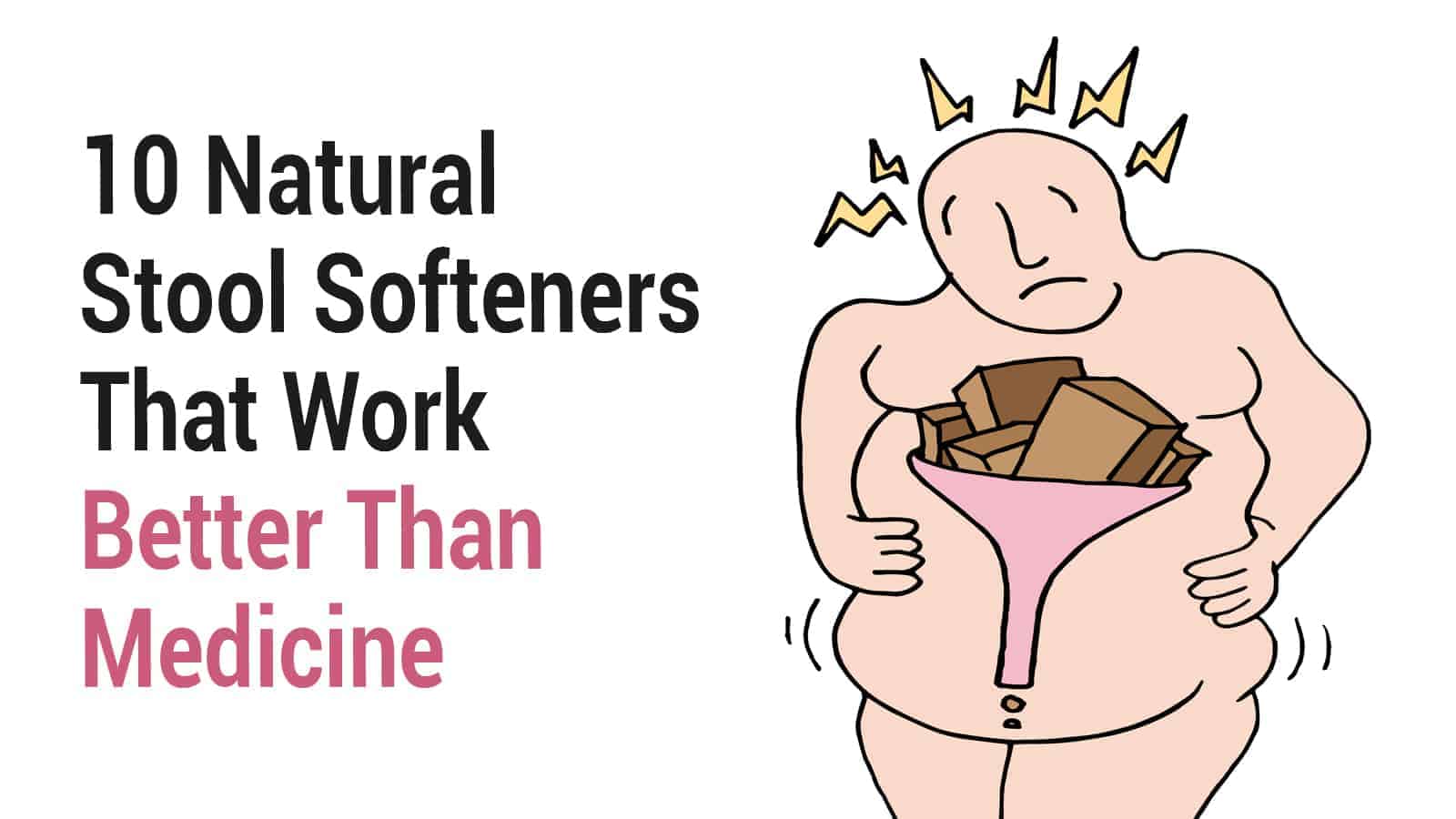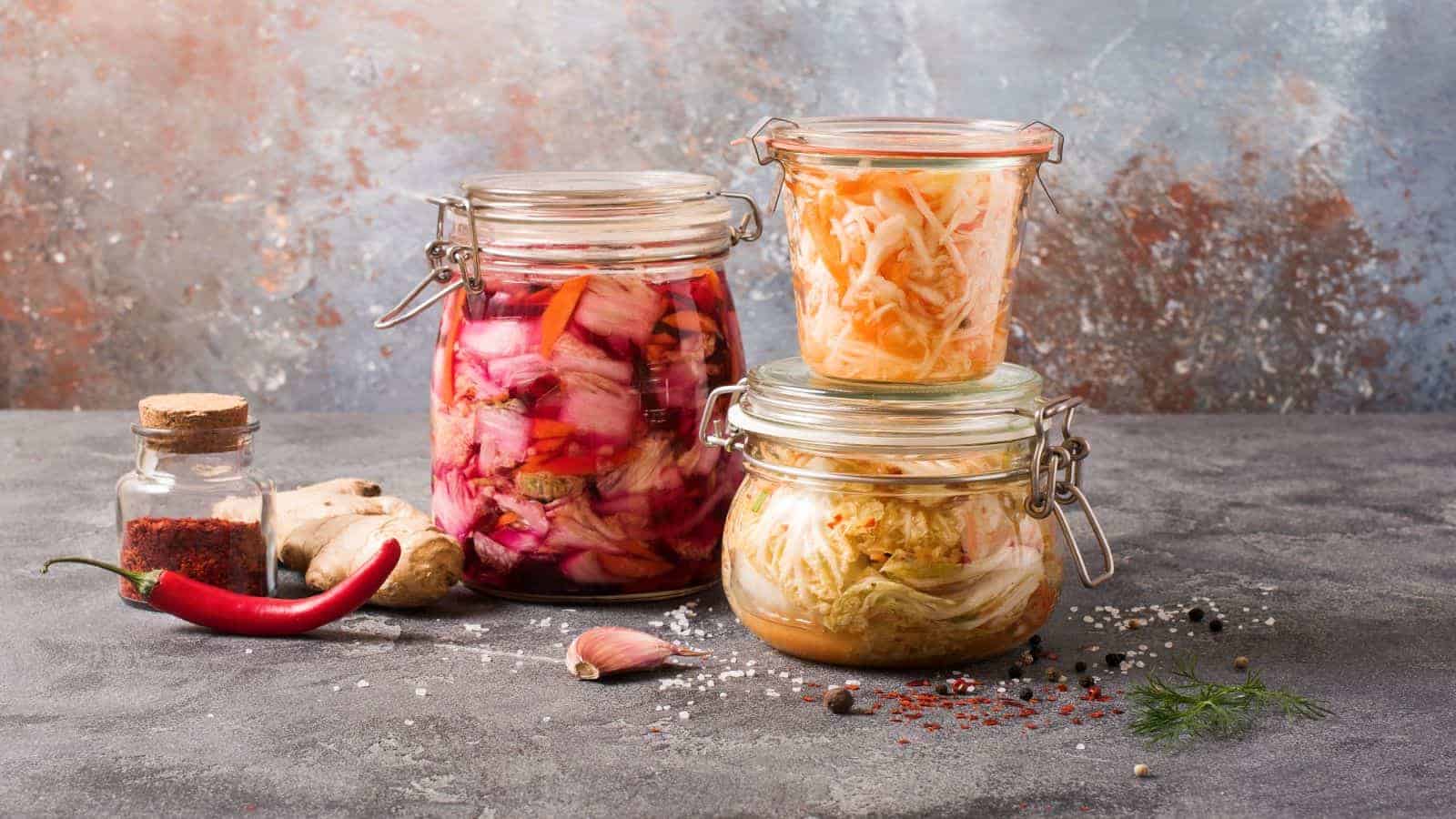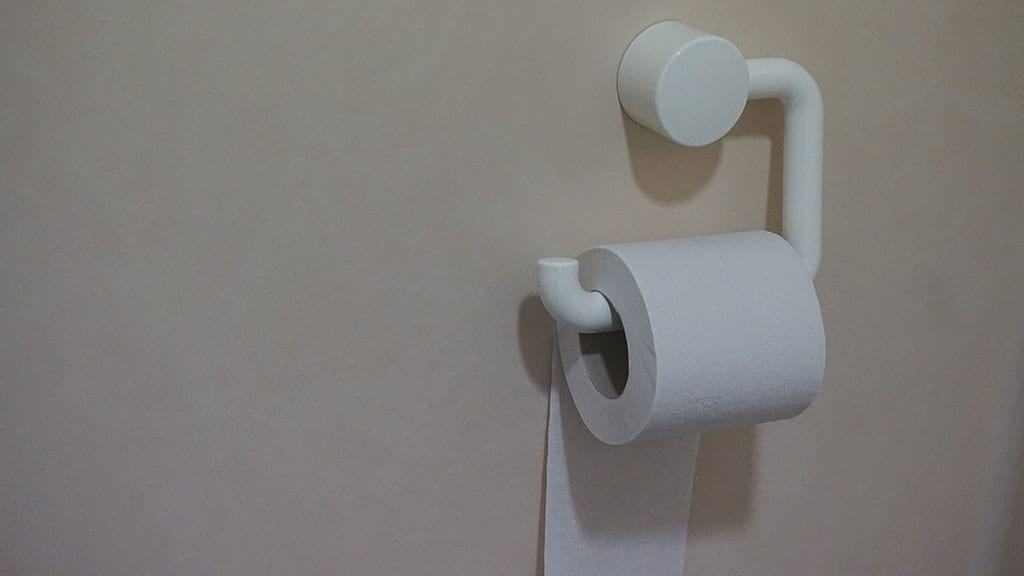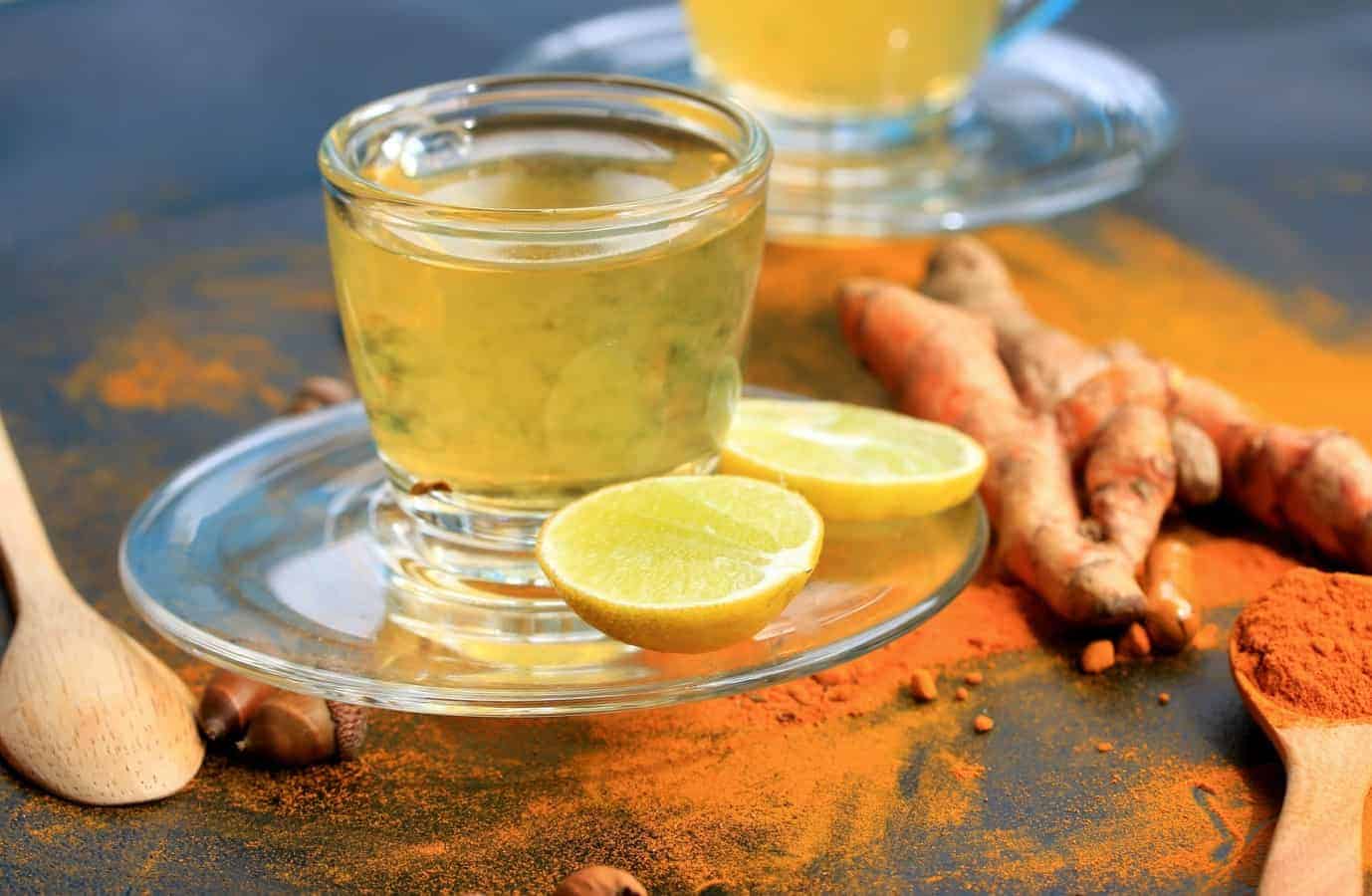Do you find yourself looking for an alternative to medicated stool softeners?
If you struggle with constipation, you can take comfort in knowing that you are not alone. According to a study published by the National Institute of Diabetes and Digestive and Kidney Diseases, an estimated 42 million Americans struggled with constipation at one time or another.
Considering the large number of people affected, it is not too surprising to find that constipation ranks as one of the most common gastrointestinal problems in America. It is important to note that constipation not only makes it difficult to poop. But, it also increases the risk of developing other health problems. Think of hemorrhoids, for example, that result from untreated constipation. Fortunately, there are over-the-counter stool softeners, prescription drugs, and home remedies that can help.
A Closer Look at the Consequences of Unresolved Constipation
Indeed, if you’re among the millions of Americans struggling with constipation, strive to resolve your issue as quickly as possible.
Along with hemorrhoids, several studies have shown a correlation between rectal prolapse and long-term constipation. Here is a quick overview of rectal prolapse. This condition causes part of the intestines to push out through the anus when an individual strains to poop. Additionally, rectal prolapse can damage the rectum by causing ulcerations and severe bleeding.
Although the probability of experiencing rectal prolapse as a result of constipation-induced straining is relatively low, it is still something worth pointing out. According to the American Society of Colon and Rectal Surgeons, less than 3 in every 100,000 people will ever experience rectal prolapse as a result of their struggles with constipation.
Diagnosing Constipation
Although having to strain to pass poop is a clear sign of constipation, it is still a good idea to been seen by a physician who can determine the cause and recommend the best course of treatment. To accomplish such tasks, most physicians will perform a series of medical tests, some of which include the following:
Blood tests
These tests help determine if an individual’s struggles with constipation stem from high calcium levels or a thyroid deficiency as both conditions can lead to hard stool, which, in turn, can lead to constipation.
X-rays
These high-energy electromagnetic radiation tests are also useful in formally diagnosing and unearthing the cause of an individual’s struggles with constipation. In short, X-rays allow physicians to determine if the intestines are blocked and whether or not the individual has stool present throughout their colon.
MRI defecography
Along with X-rays and blood tests, some physicians will also recommend an MRI defecography to patients complaining of constipation. MRI defecography entails inserting a contrasting gel into the patient’s rectum. After the patient poops, a stool sample containing the gel is examined by the physician via an MRI scanner.
The purpose of this type of testing is two-fold. First off, it helps physicians determine if the patient’s defecation muscles are functioning correctly. It also allows the physician to determine if the patient’s constipation is the result of rectal prolapse or another problem involving the lower gastrointestinal tract.
3 Drug-Free Ways to Conquer Constipation
For many people, making a few lifestyle changes is more than enough to ease their struggles with constipation. Some of these lifestyle changes include the following:
Consuming more fiber
One of the easiest ways to combat constipation is to consume more high-fiber foods, such as nuts, whole grains, and fruits. Along with keeping you regular, these fiber-rich foods also act as natural stool softeners in that they help make it easier to pass stool without straining. On a side note, in a study published by Harvard Health Publishing, researchers found that increasing one’s fiber intake lowers the risk of dying from cardiovascular disease and certain cancers by as much as 24 percent.
Regular exercise
Along with improved heart health, regular exercise has been shown to help ease constipation. According to most nutritionists, dieticians, physicians, and exercise physiologists, just 10 to 15 minutes of exercise is enough to increase muscle activity in the intestines, which helps to soften stool and ease constipation.
Drinking plenty of water
Similar to consuming too much protein, dehydration can also lead to constipation. That said, drinking a minimum of eight 8-ounce glasses of water each day can help ease constipation and may even prevent it from occurring in the first place. Additionally, staying hydrated reduces the risk of kidney damage.
To substantiate this claim, we needn’t look any further that a study published by the National Kidney Foundation. The study revealed that chronic dehydration increases the risk of developing kidney stones and urinary tract infections, which can both cause severe kidney damage.
10 Drug-Free and Natural Remedies That Might Work Better Than Medicine for Easing Constipation
When it comes to easing constipation, a multi-faceted approach might be worth considering. According to many naturopathic physicians, a healthy lifestyle coupled with all-natural stool softeners can go a long way toward easing and even preventing constipation.
Some of the natural stool softeners that many individuals use, often in place of both physician-prescribed and over-the-counter medicine, to relieve constipation include the following:
1. Castor oil and orange juice
This combination acts as both a laxative and a stool softener in that it can increase bowel movements while also softening stool enough so that you don’t have to strain. On a side note, the orange juice is used mainly to mask the bitter taste of the castor oil; however, it is an excellent source of vitamin C, which is good for overall health.
2. Prunes
Another one of the many home remedies for constipation would be prunes. For years, many individuals have praised these dried plums for their natural laxative and stool softening properties. To further put this into context, consuming just three prunes provides the body with three grams of fiber that can help keep you regular. Additionally, prunes contain phenolic compounds that work to stimulate intestinal contractions that help you poop more often.
3. Raisins
Similar to prunes, consuming raisins can also help alleviate constipation. In short, raisins, which are dried grapes, contain tartaric acid that works as both a laxative and a stool softener. They are also an excellent source of fiber, which helps keep you regular.
4. Lemon water
As far as natural stool softeners go, drinking a few glasses of cold, refreshing lemon water is another excellent way to ease constipation. Studies show that the citric acid found naturally in lemon works as a stimulant to help flush toxins from the digestive system that would otherwise lead to illness. Plus, the vitamin C in lemons also work as a natural stool softener.
5. Salads
If you love salads and struggle with constipation, you will be happy to know that they are another one of the many natural remedies that can provide some relief from constipation, particularly those rich in polyunsaturated fats. According to researchers at Harvard Medical School, salads that contain olive oil, nuts, avocados, and other ingredients rich in polyunsaturated fats can help lubricate the intestines, which, in turn, makes it easier to poop.
6. Sesame seeds
Commonly found in bread, bagels, and certain cereals, sesame seeds keep the intestines moist. That moisture leads to softer poop. On a side note, you can sprinkle sesame seeds on your favorite salads for added flavor and, more importantly, to ease constipation even further.
7. Blackstrap molasses
As a byproduct of refined sugar cane or sugar beets, blackstrap molasses contain magnesium that helps relieve chronic constipation. In fact, according to a study published in the Journal of Ethnopharmacology, a single tablespoon of blackstrap molasses taken before going to bed can significantly ease constipation by morning, especially in children.
8. Peppermint or ginger tea
Either of these two great-tasting teas can help resolve various digestive problems, including constipation. Ginger tea triggers a warming effect in the body that helps to soften stool. Peppermint tea, on the other hand, contains antispasmodic properties. That term means it can relax muscles in the digestive tract, which promotes regular bowel movements.
9. Coffee
Along with getting your morning off to a great start, coffee also increases bowel movements by stimulating the colon. However, coffee alone does not make stool softer. Therefore, pair your coffee with a muffin that contains raisins or a bagel chock-full of sesame seeds. That combination will ensure you will get the most out of this all-natural remedy for constipation.
10. Apples
Along with being delicious, apples contain pectic, a soluble fiber that many nutritionists and dieticians agree is among the best in terms of all-natural stool softeners.
Final Thoughts on All-Natural Stool Softeners
In summary, many people experience constipation from time to time. And in most cases, it is not a cause for alarm. However, for some people, it can lead to serious health problems involving the lower gastrointestinal tract.
Fortunately, lifestyle and dietary changes can ease and may even prevent the problem from ever occurring in the first place. Of course, if home remedies don’t provide relief, see your physician as soon as possible.


















 Community
Community

